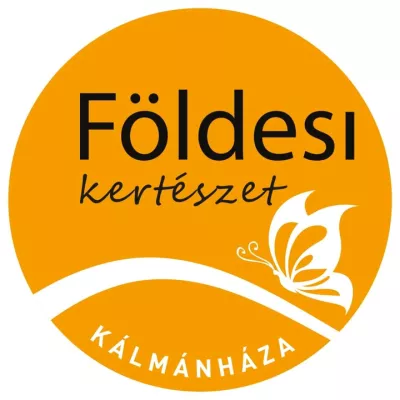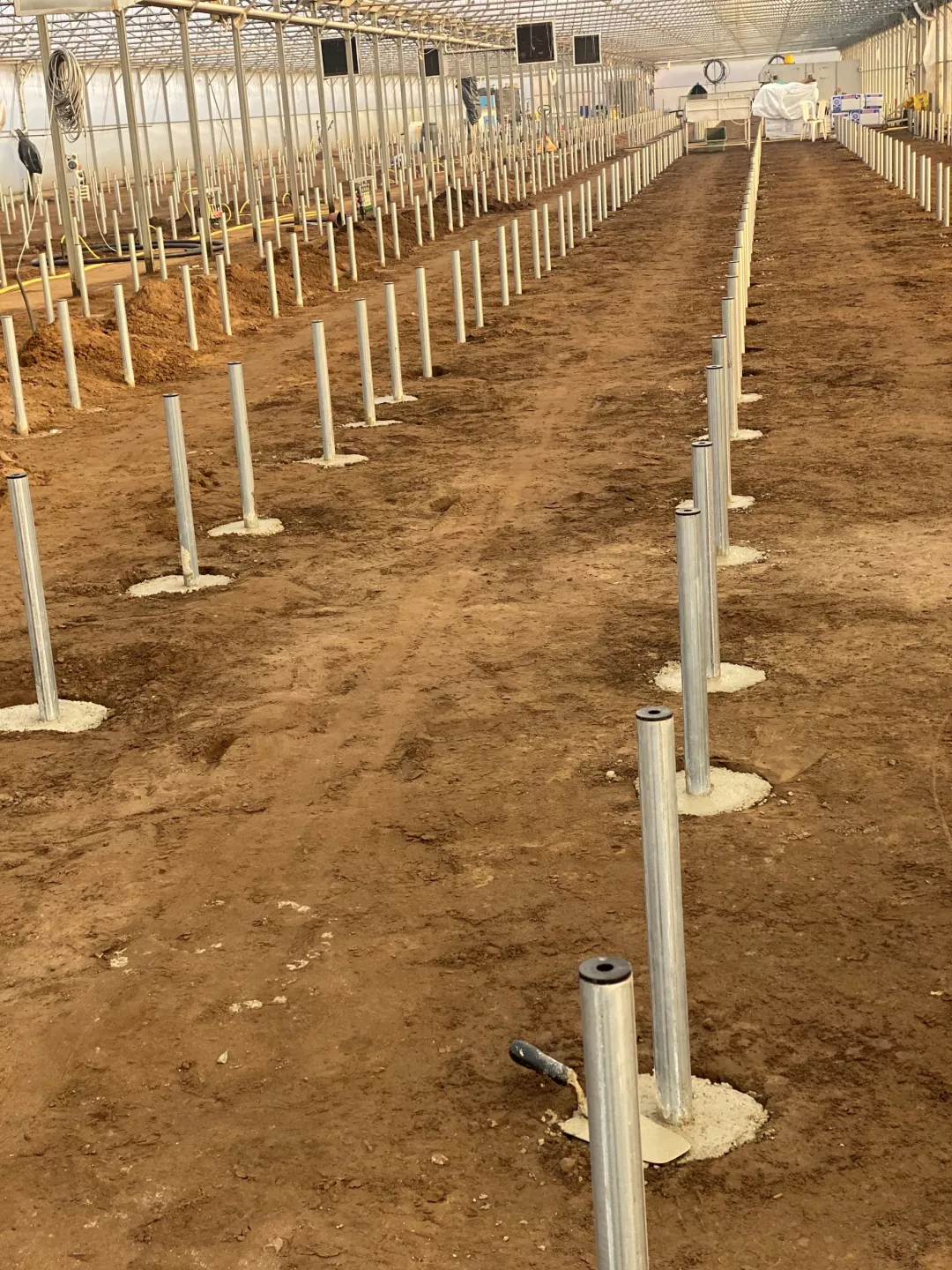General information
RDP Priority
- P2. Competitiveness
RDP Focus Area
- 2A: Farm’s performance, restructuring & modernisation
RDP Measure
- M04: Investments in physical assets
Beneficiary type
- Small-Micro Enterprise
Summary
János Földesi has been involved in horticulture in Hungary for more than 25 years. He continuously developed his business step-by-step, always responding to challenges promptly and adopting a ‘lifelong learning’ approach. As part of an EU funded project, the existing cultivation method of his business was modernised by purchasing irrigation cultivation tables with new irrigation technology so that more efficient and larger-volume flowers could be produced. Thanks to the additional installation of solar panels, the business has become completely self-sufficient in terms of electricity. János' commitment to business growth and development extends to successfully moving his enterprise into social media. He manages Facebook, Instagram and TikTok pages, thereby gaining many new customers.
Results
- The installation of cultivation tables increased the utilisation of the existing foil tent space by 30%. It has also reduced the unit heating costs of the business.
- The new system significantly reduced the use of irrigation water and fertilisers to a quarter of its previous volume. In addition, the use of pesticides was also reduced.
- Thanks to the solar panels the business became fully self-sufficient in its energy provision.

Promoter
Földesi Horticulture
Funding
Total budget: ~91 000 (EUR)
EAFRD: ~36 400 (EUR)
National/Regional: ~9 100 (EUR)
Private/own: ~45 500 (EUR)
Resources
Documents
Good Practice Report - Modernisation of Földesi Horticulture
(PDF – 1.2 MB)
Context
János Földesi started his flower trading business in 1993 in the village of Kálmánháza in Szabolcs-Szatmár-Bereg county, in the Northern Great Plain region of eastern Hungary. After a short time, his interest developed into setting up as a grower of garden plants and flowers. The flowers were produced by using a foil grow tent. The area of the tent grew each year successfully, and at the age of 40 (15 years ago), János won support from young farmers, which allowed him to build the first French-style foil greenhouse. Since then, the business has continually developed and utilised new models, including with the help of EAFRD funding under the measure 'Modernisation of Horticultural Plants'. This was a substantial development in his business since growing on the ground was replaced by using growing tables.
Currently, 3 700 m2 of cultivation area is covered by foil tent, an increase from 2 000 m2 15 years ago. The business has three permanent employees and 3-4 casual employees. Although the farm provides jobs for 6-7 people, unfortunately there is a lot of job rotation due to moving, childbirth and other family reasons). In addition, János's wife helps in the business, but a part-time administrative post would be greatly needed.
The plants are mainly sold locally, but resellers and municipal commissions are located within a roughly 60 km radius of the horticulture business.
90% of their crops are flowering outdoor plants, in addition there are evergreens and roses.
Objectives
The main objective of the project was to consistently develop and grow the horticulture business by generating additional income. To achieve this, the plan was to increase the use of space with the help of new cultivation technology, thereby reducing costs (e.g. heating) and improving the business' productivity through modernisation.
The investment in cultivation tables was also intended to create more comfortable working conditions for employees and improve customer experience.
In addition, the investment and installation of a new sustainable energy system was to modernise the heating and prepare the grounds for building a geothermal system.
Activities
The project activities focused on modernising the business' existing greenhouse space over two implementation phases. This involved procuring and purchasing suitable cultivation tables (one aluminium table with a total floor area of 1 696 m2) and designing the corresponding irrigation system, including piping in the ground, tank, pump and machinery/tide control system.
In addition, the project activities included the construction of a 15kW solar panel system that produces 18 873 kWh/year.
Main results
- The installation of cultivation tables has increased the utilisation of the existing foil tent space by 30%. It has also reduced unit heating costs of the business.
- A new, closed regular irrigation system has been created so excess water flows back into the irrigation tank beneath the tables. This new system has significantly reduced the use of irrigation water and fertilisers to a quarter of its previous volume. In addition, the use of pesticides could also be reduced.
- The work of the employees has become more comfortable as the height of the tables allows for a more convenient, less strenuous work environment. As such, the new technology has enabled the work to be completed much faster, improving overall productivity.
- Similarly, the tables ensure a more convenient experience for customers who shop in the horticulture business, as the plants are at waist height, and no bending and lifting of the plants to be purchased is required anymore.
- Thanks to the solar panels the business became fully self-sufficient in its energy provision.
- For now, the developed technology is still considered a pioneer in Hungary. However, some other horticulture businesses are already catching up by adopting the same technology.
Key lessons
- EAFRD procurement requirements were easily met. As the cultivation table system was distributed by only one company in Hungary, it was only necessary to request a quote from one distributor to fulfil them.
- Since the Ukraine-Russian war began, input materials have become very expensive, making economic conditions difficult. In addition, department store chains attract most impulse customers, making competing with them very challenging. The only advantage a small business has is to provide customer-focused consulting, which the chain stores do not offer.
- The business owner consistently focused on his education in response to the challenges. His positive attitude towards lifelong learning benefitted the business well. For example, following a half-year business training programme, he invested substantially in his business's online presence, including Facebook, Instagram, and TikTok, which resulted in increased interest and demand for his products.
